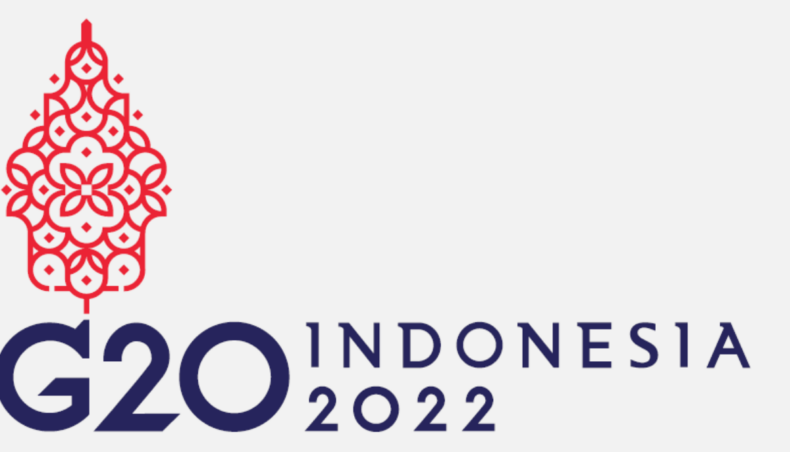This week, the G20 foreign ministers convene in Bali, a tourist destination, for a gathering that will be overshadowed by the conflict in Ukraine, with Russia’s participation causing rifts within the group as host Indonesia attempts to mediate.
The Group of 20 includes both Western nations that have sanctioned Russia for alleged war crimes in Ukraine as well as non-Western nations including China, Indonesia, India, and South Africa.
It will be the first time since Russia’s invasion of Ukraine in February that foreign ministers from some of the largest economies in the world will interact with Sergei Lavrov.
The G20 summit, which will take place on Thursday and Friday, won’t be “business as usual,” according to Christian Wagner, a spokesman for the German foreign ministry.
In light of the conflict in Ukraine, Germany, which currently holds the chair of the Group of Seven industrialized countries, announced that it would collaborate in Bali on how to respond to Lavrov.
When Russian representatives were present at a G20 finance meeting in Washington in April, senior members from the United Kingdom, Canada, and the United States left the room.
According to a statement from the U.S. State Department, Secretary of State Antony Blinken would actively participate in the meeting while “still being true to another overarching purpose, and that is the notion that it cannot be business as usual with the Russian Federation”.
In Bali, Blinken will meet with Wang Yi, the foreign minister of China; Lavrov is not anticipated to attend.
‘To be continued in Bali’
As this year’s G20 chair, Indonesia has been forced to navigate a geopolitical tempest surrounding the conflict while fending off demands from Western nations to boycott meetings. Following the meeting of the foreign ministers, the G20 finance ministers will convene the following week in Bali.
Last week, President Joko Widodo undertook an ambitious peace-brokering mission, hoping to capitalize on Indonesia’s neutrality. He traveled to Kyiv and Moscow to meet with Russian President Vladimir Putin and Ukrainian President Volodymyr Zelensky.
This year, the president, also known as Jokowi, has invited Ukraine to the G20, urged Russia to lift its embargo on grain exports, which is causing a food crisis worldwide, and proposed Indonesia as a “diplomatic bridge” between the two countries.
Vasyl Hamianin, the ambassador of Ukraine to Indonesia, announced that the Bali gathering would feature a virtual speech by his nation’s foreign minister.
‘Repeated plans to miss G20 meetings’
According to Max Bergmann, a Russia and Europe expert and former senior U.S. State Department official, Western policymakers finally decided that giving Russia the floor at G20 meetings would be counterproductive despite early talk of doing so.
According to Bergmann, who is currently working at the Center for Strategic and International Studies in Washington, “if you don’t show there, and the Russians have the floor with some really significant countries like Indonesia, India, and others, then they’re making their case unopposed.”
The summit will focus heavily on food and energy, according to Ramin Toloui, the U.S. assistant secretary of state for economic and business affairs, who stated this on Tuesday. View More
“G20 nations should hold Russia responsible and demand that it supports ongoing U.N. efforts to unblock the sea lanes for the transportation of grain,” he said.
On a visit to Vietnam on Wednesday, Russian Foreign Minister Sergei Lavrov urged all nations to work to uphold international law because “the world is growing in a challenging manner.”
His remarks before to his arrival in Bali came at a time when Western nations have accused Russia of breaking international law with its invasion of Ukraine, which Moscow refers to as a “special operation.”
The response to Lavrov in Bali may also offer insight into how the G20 would react if Putin visits the group’s summit meeting in person in November, which has not yet been confirmed.













